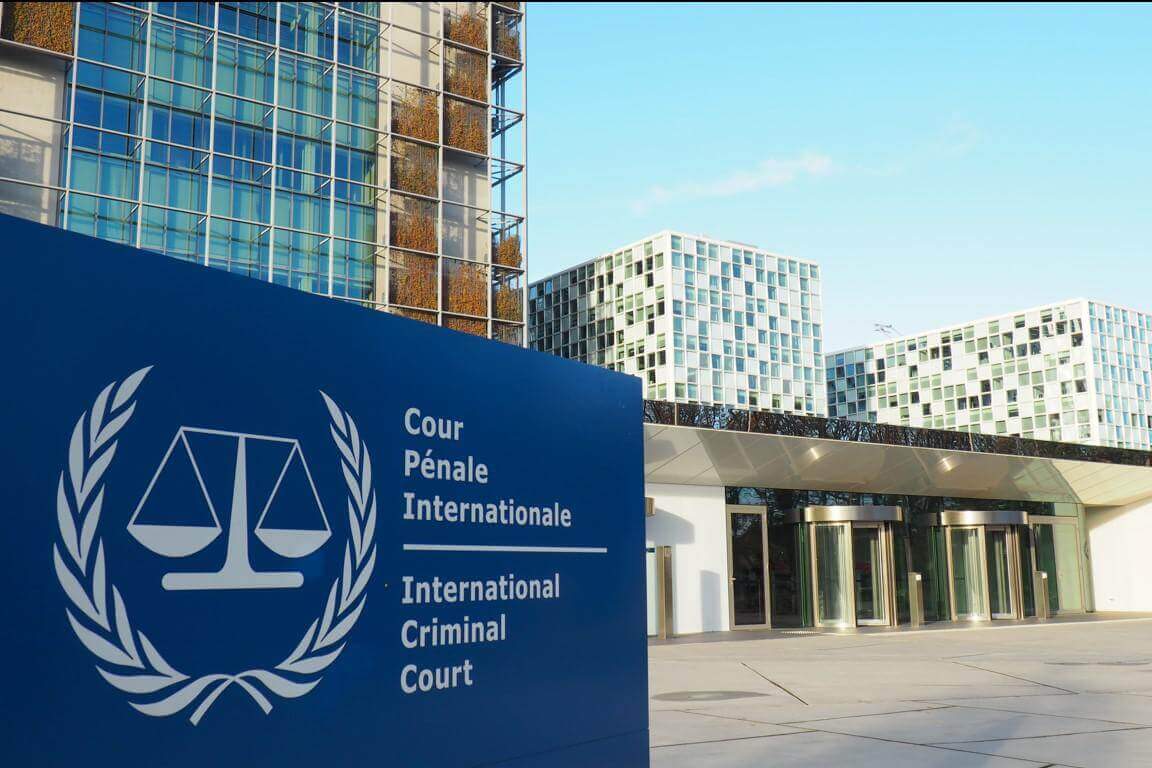In a joint declaration, seventy-two countries at the United Nations (UN) expressed their “unwavering support” for the International Criminal Court (ICC) after the United States placed sanctions on two more key court officials.
The document reads: “We reconfirm our unwavering support for the Court as an independent and impartial judicial Institution.” The Rome Statute signatories go onto say that they will work to “preserve” the court’s “integrity and independence undeterred by any measures or threats against the Court, its officials and those cooperating with it”. The statement, which was drafted by Costa Rica and Switzerland, was co-signed by countries such as Canada, Australia, France, and the United Kingdom, who are all considered to be traditional allies of the US.
The US is not a signatory to the Rome Statute and does not recognize the ICC, which came into force in 2002 and was established to prosecute individuals for genocide, crimes against humanity, war crimes, and the crime of aggression.
Back in June, President Donald Trump signed an executive order that imposed sanctions on all ICC employees involved in the Afghanistan case by blocking their assets and their entry into the US. Pompeo added that these travel restrictions could also extend to family members of ICC officials. In fact, US sanctions on ICC officials were imposed as early as last year. On September 2, the Trump administration extended these sanctions to Chief Prosecutor Fatou Bensouda and Phakiso Mochochoko, who is the Head of the Jurisdiction, Complementarity and Cooperation Division.
These measures were prompted by Bensouda’s decision to launch an investigation into the actions of the Taliban, the Afghan government, and US troops between 2003 and 2014, including attacks on civilians, imprisonment, and extra-judicial executions. It is expected to build on evidence gathered during a 2016 report, when the ICC said there was “reasonable basis to believe the US military had committed torture at secret detention sites operated by the CIA”.
The ICC has reacted strongly to US sanctions, saying that its “coercive acts” represent an “unprecedented” and “serious attack” against the court and the “system of international criminal justice, and the rule of law more generally.” The President of the Assembly of States Parties, said that the US’ measures “only serve to weaken our common endeavor to fight impunity for mass atrocities.”
Aside from the Court, the sanctions have also attracted criticism from international governments. For instance, Dutch Foreign Minister Stef Blok took to Twitter to express his ‘disappointment’ at the US’ decision. As far back as June, Blok had already said that he was “very disturbed” by the US’ opposition to the ICC.
Likewise, Canadian Foreign Affairs Minister François-Philippe Champagne has said that “personnel of the International Criminal Court should not be singled out for their work”.
Previously, the European Union (EU) Minister for Foreign Affairs, Josep Borrell has also expressed “serious concern” at the US’ measures, saying, “The court has been playing a key role in providing international justice and addressing the gravest international crimes.”
In response to these developments, the US’ Ambassador to the UN, Richard Mill remarked that Washington “reiterates its continuing, longstanding, principled objection to any attempt to assert ICC jurisdiction over nationals of States that are not parties to the Rome Statute, including the United States and Israel, absent a UN Security Council referral or the consent of such a State”. He added that the Trump administration “seeks to protect US personnel from unjust and illegitimate prosecution by the ICC, which threatens US sovereignty”.
This entire ordeal has severely delayed the process to name Bensouda’s successor. The court’s 123 members are scheduled to meet in New York on December 7; a panel of diplomats and legal experts have thus far rounded the list down to four potential candidates. Reuters reports that “the sanctions have drawn greater international attention to the process, added to the objections some countries have with the shortlist, and raised the stakes of a potentially damaging fight”.

